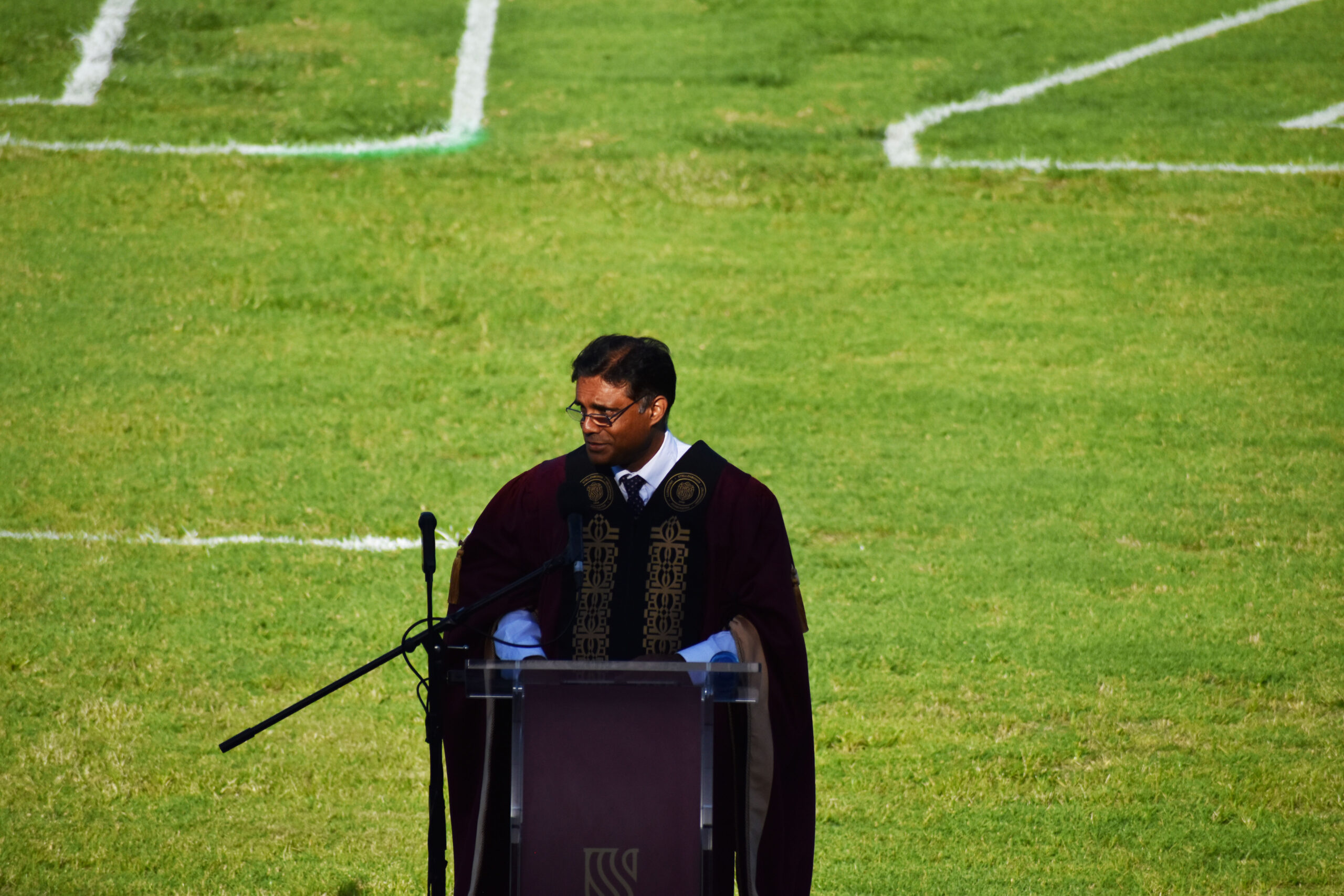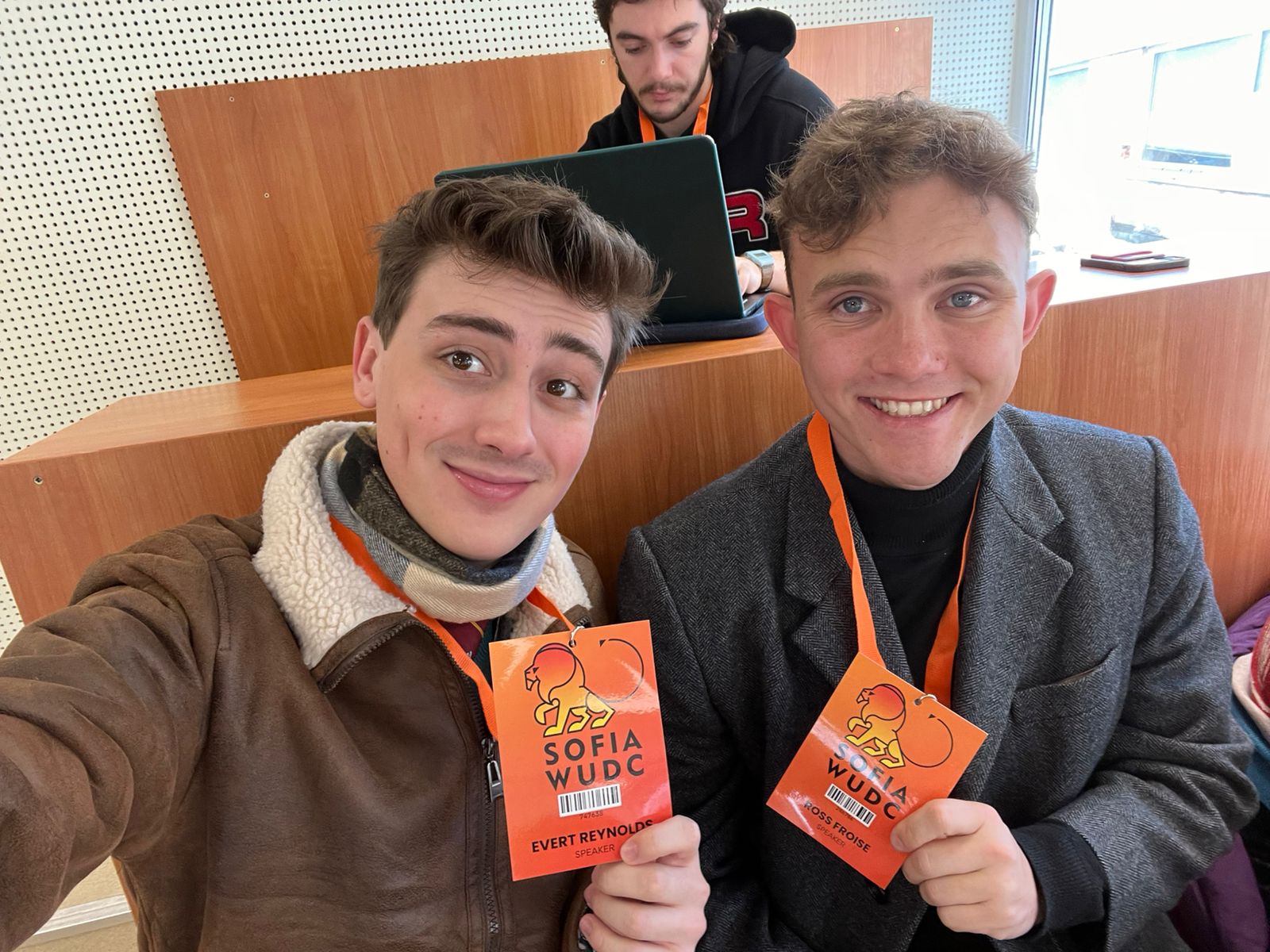By Mart-Marié Serfontein
Stellenbosch University (SU) is once again in the national spotlight, but this time it’s not for academic excellence. The appointment of the retired Constitutional Court judge, Edwin Cameron, as Chancellor of SU, has been disputed since its announcement, because merely a month after his appointment, the Constitutional Court delivered its judgement on the case (which SU won), involving the University and Gelyke Kanse regarding the language policy of SU.
After the judgment was delivered, an MP from the Democratic Alliance (DA), Dr Leon Schreiber, filed a complaint with the University and called for an investigation into the conduct of Professor Wim de Villiers, Rector and Vice-Chancellor of SU. The demand by Schreiber for an investigation stems from allegations of undue influence by De Villiers on Justice Cameron to accept the nomination for the position of Chancellor.
The independent investigation, led by retired judge Burton Fourie, cleared De Villiers of any misconduct. Yet Schreiber in his capacity as DA MP persisted and applied to have access to all documents and other evidence used in the Fourie investigation in March. This application was done in terms of the Promotion of Access to Information Act (PAIA), which, according to the South African government’s website, can be used by anyone seeking access to information to ensure that constitutionally guaranteed rights are protected.
In a statement at the time the DA submitted the application, they said the “PAIA request is to examine evidence that was decisive in the university’s administrative decision to exonerate De Villiers”.
The University did not grant Schreiber access to the information he sought, and the DA retaliated in a statement by asking “if the university had confidence in its decision to exonerate De Villiers, why is it hiding the evidence?” and cited transparency as “a central part of academic freedom”, as well as it being “vital to good corporate governance”.
SU’s refusal to allow Schreiber access, led to him taking SU to court in July, where he launched a legal application at the Western Cape High Court to have the court compel SU to make the information available to him.
On the strength of legal advice, SU did not oppose this application and on 13 August, judge Robert Henney found that SU’s refusal to grant the DA access to the evidence used in the Fourie investigation was “unlawful and in violation of the provisions of PAIA”. The court gave SU five days to hand over the information requested by Schreiber, and to pay the DA’s legal fees.
In response, the University said in a statement that it was “convinced that the underlying documents and information now being provided to the DA and Dr Schreiber will confirm Judge Fourie’s finding” that there had been no misconduct on the part of De Villiers. Furthermore, SU holds that it had not, as the DA had alleged in a statement, “broken the law” by not giving Schreiber the information he had requested.
The University said that it had withheld the information because it had been of the opinion that section 44(1)(a) of PAIA provides valid grounds on which to refuse Schreiber access. It said that it was their “judgment that the inquiry by former Judge Fourie … as well as the information which he obtained and considered during his inquiry, and included in his report to the Council, falls within the scope of section 44(1)(a).”
However, the University said that “the court order granted provides that the refusal [of access] was not in accordance with the provisions of the Act” and that “the order was necessary to set aside the University’s initial decision and to give the applicants access to the records”.



